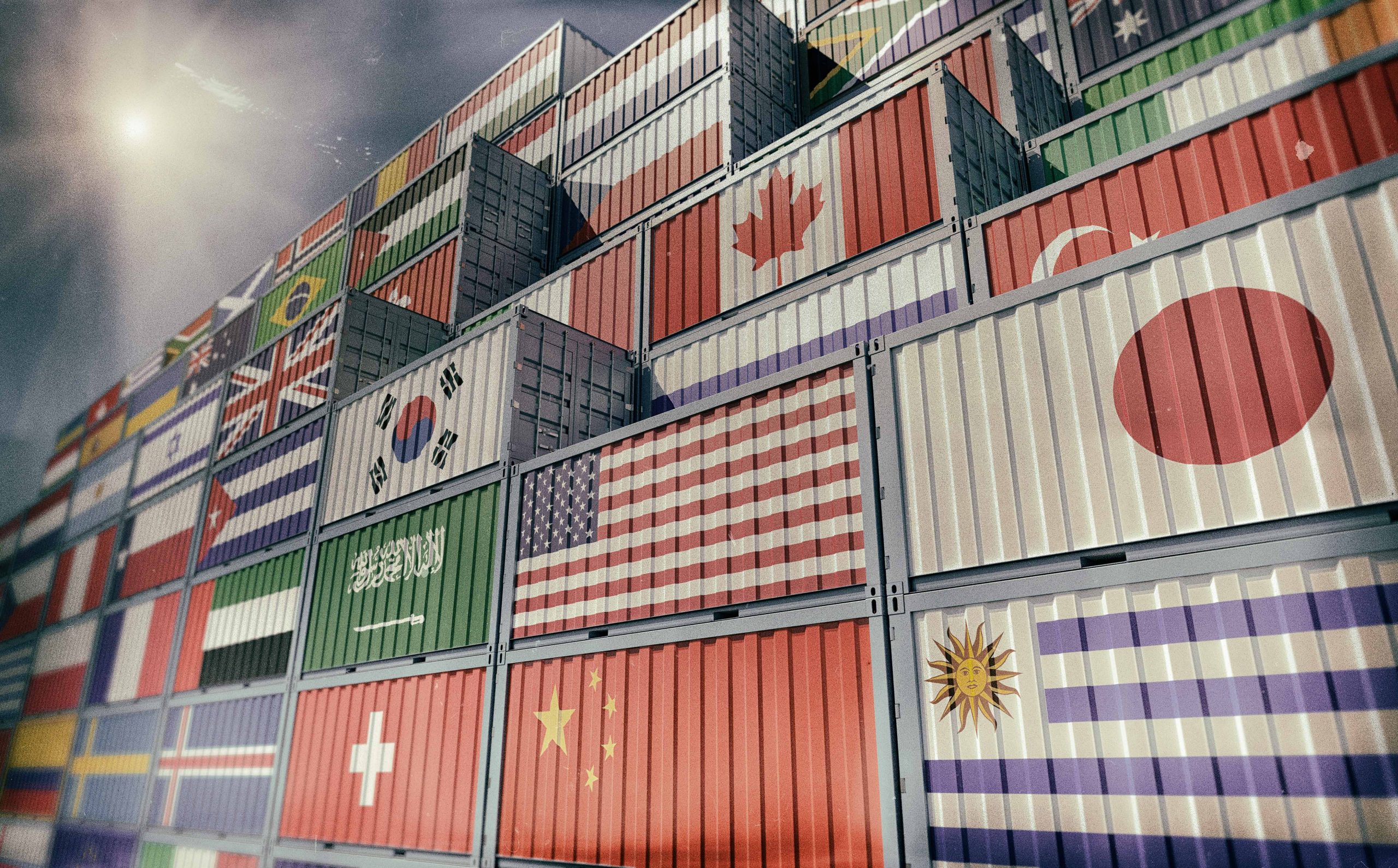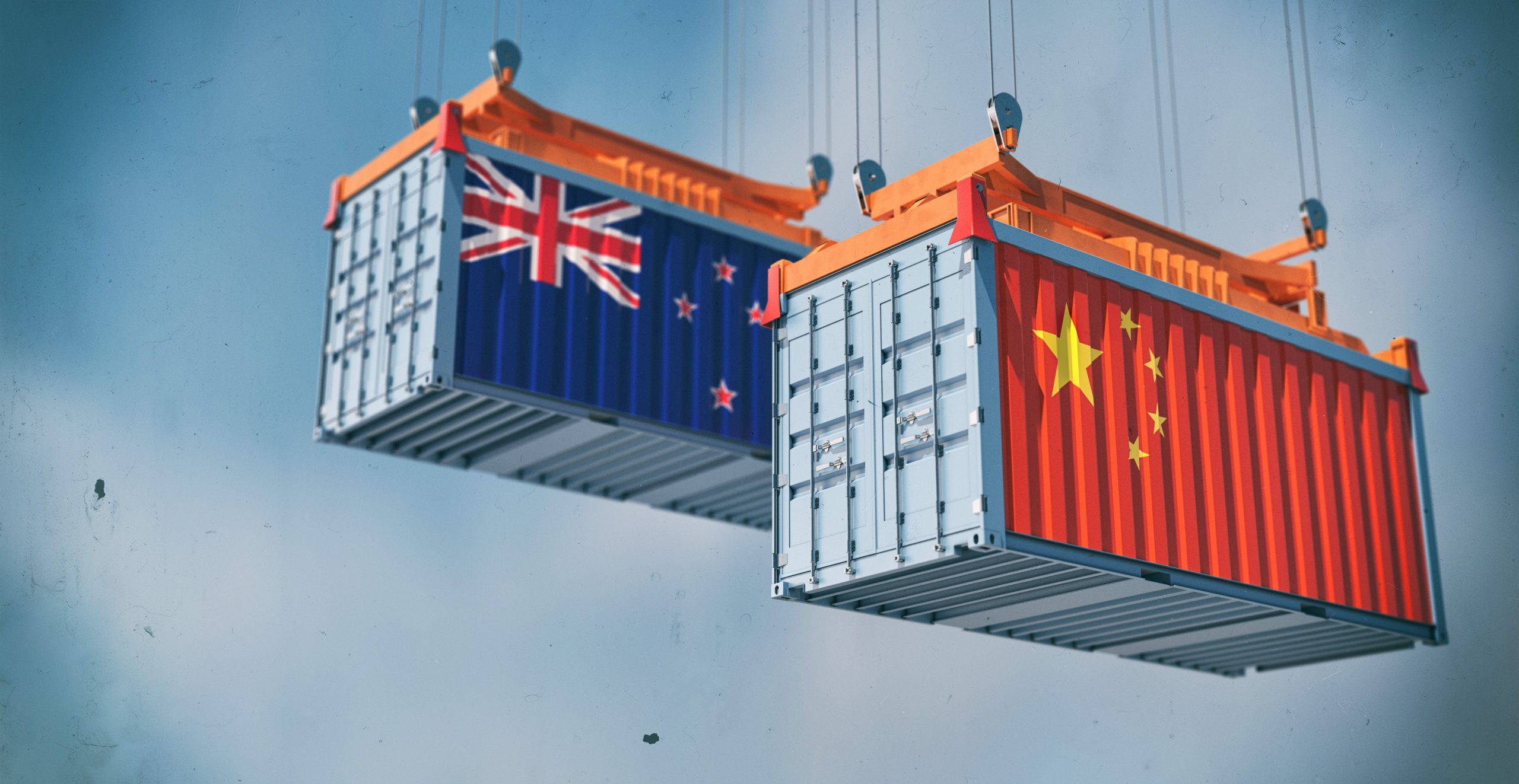The Evolution of Transportation in Ghana: From Traditional Methods to Modern Services
The Evolution of Transportation in Ghana: From Traditional Methods to Modern Services
From traversing rugged terrains on foot to soaring through the skies in high-speed trains, transportation has come a long way in Ghana. As we embark on a journey through time, join us as we explore the fascinating evolution of transportation in this vibrant West African nation. From traditional methods that connected remote villages to modern services revolutionizing urban mobility, get ready to be captivated by the incredible transformation that has shaped Ghana’s transportation landscape. Buckle up and fasten your seatbelts because this exhilarating ride is about to begin!
Introduction to transportation in Ghana
Introduction to Transportation in Ghana:
Transportation plays a crucial role in the economic and social development of any country. In Ghana, transportation has evolved significantly over the years, from traditional methods to modern services. The country’s transportation system has undergone major changes and improvements, leading to easier access for both people and goods.
Geographically, Ghana is located on the western coast of Africa, with its capital city Accra situated on the Atlantic Ocean. It shares borders with Togo to the east, Burkina Faso to the north, and Cote d’Ivoire to the west. This strategic location has made Ghana an important trade hub between West Africa and other parts of the world.
Traditional Methods of Transportation in Ghana:
Before modern forms of transportation were introduced in Ghana, traditional methods were used for centuries. These included walking, riding on animals such as donkeys or camels, and using boats or canoes for water transport. People also used human-powered modes such as bicycles and pushcarts to carry goods.
One of the most notable traditional modes of transport in Ghana is tro-tro (minibus) which originated from shared taxis that operated between villages in rural areas. Today it serves as a primary mode of public transportation within cities.
Modern Transport Infrastructure:
In recent decades, significant efforts have been made towards improving Ghana’s transportation infrastructure by investing in modern modes such as roads, railways, airways and waterways.
Traditional methods of transportation in Ghana
Ghana, a country located in West Africa, has a rich and diverse history when it comes to transportation. From the early days of tribal communities to the present-day modern services, Ghana has witnessed a significant evolution in its transportation system. In this section, we will take a closer look at the traditional methods of transportation that were used in Ghana before modern services became prevalent.
1. Walking and Carrying
Walking is considered one of the oldest and most traditional methods of transportation in Ghana. In rural areas, where there were no paved roads or means of public transport, people relied on walking as their primary mode of transportation. People would walk long distances to reach their destinations, carrying goods and supplies on their heads or backs.
2. Animal Transportation
Another common method of transportation in traditional Ghana was using animals such as horses, donkeys, camels, and oxen for both personal and commercial purposes. These animals were commonly used for transporting goods from one place to another and also served as a means of travel for people living in rural areas.
3. Canoes and Boats
Ghana is blessed with numerous rivers and water bodies that have been essential for trade, commerce, and transportation since ancient times. Canoes made from hollowed-out tree trunks were used by fishermen for fishing activities while larger boats were used for transporting goods along rivers.
– Examples: walking, cycling, animal-drawn vehicles
Ghana, located in West Africa, has a rich history when it comes to transportation. The country’s landscape and geography have played a crucial role in shaping the modes of transportation used by its people over the years. From traditional methods such as walking and animal-drawn vehicles to modern services like buses and trains, Ghana’s transportation system has evolved significantly.
In this section, we will take a closer look at some of the examples of traditional forms of transportation that were commonly used in Ghana and how they have transformed into more modern services today.
Walking:
Walking is considered one of the oldest and most basic forms of transportation and has been used by Ghanaians for centuries. In rural areas where roads were non-existent or not suitable for other modes of transport, walking was the primary means of getting from one place to another. People would walk long distances carrying goods on their heads or backs, often accompanied by animals such as donkeys or horses.
Cycling:
With the introduction of bicycles in Ghana during the colonial era, cycling quickly became a popular mode of transportation among both rural and urban populations. It provided a faster means of travel compared to walking while also being cost-effective. Bicycles were widely used for daily commutes, transporting goods, and even as a form of recreation.
– Importance of these methods in Ghana’s history and culture
The methods of transportation have played a significant role in shaping Ghana’s history and culture. From the early days of traditional methods to the modern services available today, transportation has been crucial in connecting people, goods, and ideas across the country.
One of the most important functions of transportation in Ghana’s history was its role in facilitating trade. The country’s location along the coast made it an ideal hub for international trade, with goods from other parts of Africa and Europe passing through its ports. Traditional modes of transportation such as canoes and small boats were used to transport goods along rivers and coastal areas, while caravans were used to travel across land.
These routes not only facilitated trade but also allowed for cultural exchanges between different ethnic groups within Ghana. As merchants traveled through various regions, they brought with them their customs, traditions, and beliefs, which contributed to the diverse cultural landscape that is seen in Ghana today.
In addition to trade and cultural exchange, transportation also played a crucial role in shaping political power in Ghana’s history. The Ashanti Empire, one of the most powerful kingdoms in West Africa during the 18th century, relied heavily on its well-developed road networks for military campaigns and expansion. These roads also served as communication channels between rulers and their subjects.
Impact of colonization on transportation in Ghana
The colonization of Ghana by European powers in the late 19th century had a significant impact on the transportation systems in the country. Prior to colonization, traditional methods such as walking, animal-drawn carts, and canoes were used for transportation. However, with the arrival of colonizers came new technologies and modes of transportation that would shape and transform the way Ghanaians travel.
One of the major impacts of colonization on transportation in Ghana was the introduction of railways. The British colonial government saw the potential for railway networks to facilitate trade within their territories and connect them to coastal ports for exporting goods. As a result, they invested heavily in building railroads throughout Ghana, connecting major cities like Accra, Kumasi, and Sekondi. This not only made it easier for people to travel but also boosted economic development by allowing goods to be transported more efficiently.
Another aspect that was greatly influenced by colonization was road infrastructure. The European colonizers built roads primarily for military purposes but later expanded them for commerce and administration purposes. They introduced modern road construction techniques using materials like asphalt and concrete which were previously unknown in Ghana. These roads facilitated quicker movement between towns and villages, making it easier for people to access markets and other services.
– Introduction of modern modes such as railways and motor vehicles
Introduction of modern modes of transportation, such as railways and motor vehicles, has significantly revolutionized the way people in Ghana travel and transport goods. Prior to these advancements, traditional methods were primarily used for transportation, which were limited in terms of efficiency, speed, and capacity.
The introduction of railways in Ghana dates back to the late 19th century during the colonial era, where the British government built a railway network connecting major cities like Accra, Kumasi, Takoradi and beyond. The primary purpose of this railway system was to facilitate the transport of goods from inland regions to the coast for exportation. However, with time it also became a popular means for passenger travel.
Railways played a crucial role in boosting trade and economic growth in Ghana by providing a faster and more efficient mode of transportation compared to traditional methods such as walking or using animals for carriage. It also enabled easier access to remote areas that were previously difficult to reach.
In addition to railways, motor vehicles also emerged as an important mode of transportation in Ghana during the early 20th century. Initially used for military purposes during World War I, motor vehicles became increasingly popular among civilians after the war ended. With improved technology and manufacturing processes, their use expanded beyond just military purposes.
– How these changes affected the country’s economy and society
The evolution of transportation in Ghana has not only transformed the way people move from one place to another, but it has also had a significant impact on the country’s economy and society. From traditional methods of transportation such as walking and riding animals, to modern services like railways and air travel, the changes have been immense.
Economic Impact:
One of the most significant ways in which transportation has affected Ghana’s economy is through increased trade and commerce. With the development of modern transportation infrastructure, goods can now be transported faster and more efficiently across long distances. This has opened up new markets for businesses, allowing them to expand their reach and increase their profits.
Moreover, improved transportation has also led to a boost in tourism in Ghana. The country’s beautiful landscapes and vibrant culture are now easily accessible to both domestic and international tourists due to better modes of transport. This has not only created job opportunities in the tourism industry but also contributed significantly to the country’s GDP.
Furthermore, modern methods of transportation have encouraged foreign investments in various sectors such as manufacturing, agriculture, and mining. Companies are now able to transport raw materials and finished products between different regions with ease, leading to an increase in production efficiency.
Current state of transportation in Ghana
The current state of transportation in Ghana is a reflection of the country’s rapid development and modernization. While traditional modes of transportation, such as walking and animal-drawn carts, are still prevalent in certain rural areas, there has been a significant shift towards more modern and efficient means of transportation in urban centers.
Road transportation is the most widely used mode of transport in Ghana. The country has an extensive road network that connects major cities and towns, making it the primary mode for both people and goods movement. However, the state of these roads has long been a concern for citizens due to issues such as potholes, inadequate maintenance, and inadequate signage. In recent years, efforts have been made by the government to improve road infrastructure through various projects and initiatives.
In terms of public transportation, buses are the most commonly used means of travel within cities and between different regions. These buses operate on fixed routes with designated stops, making them convenient for commuters. However, overcrowding and poorly maintained vehicles are common issues faced by passengers. To address this issue, new regulations have been implemented to ensure that public transport operators adhere to safety standards.
– Overview of different modes available (public transport, private vehicles, etc
Overview of Different Modes Available in Ghana
Ghana, located on the western coast of Africa, has undergone a significant transformation in terms of transportation over the past few decades. From traditional methods such as walking and animal-pulled carts to modern services like ride-hailing apps and high-speed trains, Ghana has seen a remarkable evolution in its transportation sector.
In this section, we will provide an overview of the different modes of transportation available in Ghana today. These include public transport, private vehicles, and other alternative modes that are gaining popularity in recent years.
Public Transport:
Public transport is the most widely used mode of transportation in Ghana. It includes buses, minibuses (known as trotros), shared taxis (called tro-tros), and metro mass transit buses. The most popular among these are trotros which are privately owned minibuses that operate on specific routes within cities and towns across the country.
Trotros are affordable but can be overcrowded and uncomfortable during peak hours. Metro mass transit buses offer a more comfortable option with air-conditioned coaches but have limited routes and higher fares. Shared taxis also operate on fixed routes at relatively lower prices than private taxis.
Private Vehicles:
Private vehicles have become increasingly popular in Ghana due to improved economic conditions and easier access to financing options. This mode of transportation includes personal cars, motorcycles, bicycles, and commercial trucks for cargo transportation.








Comments are closed.